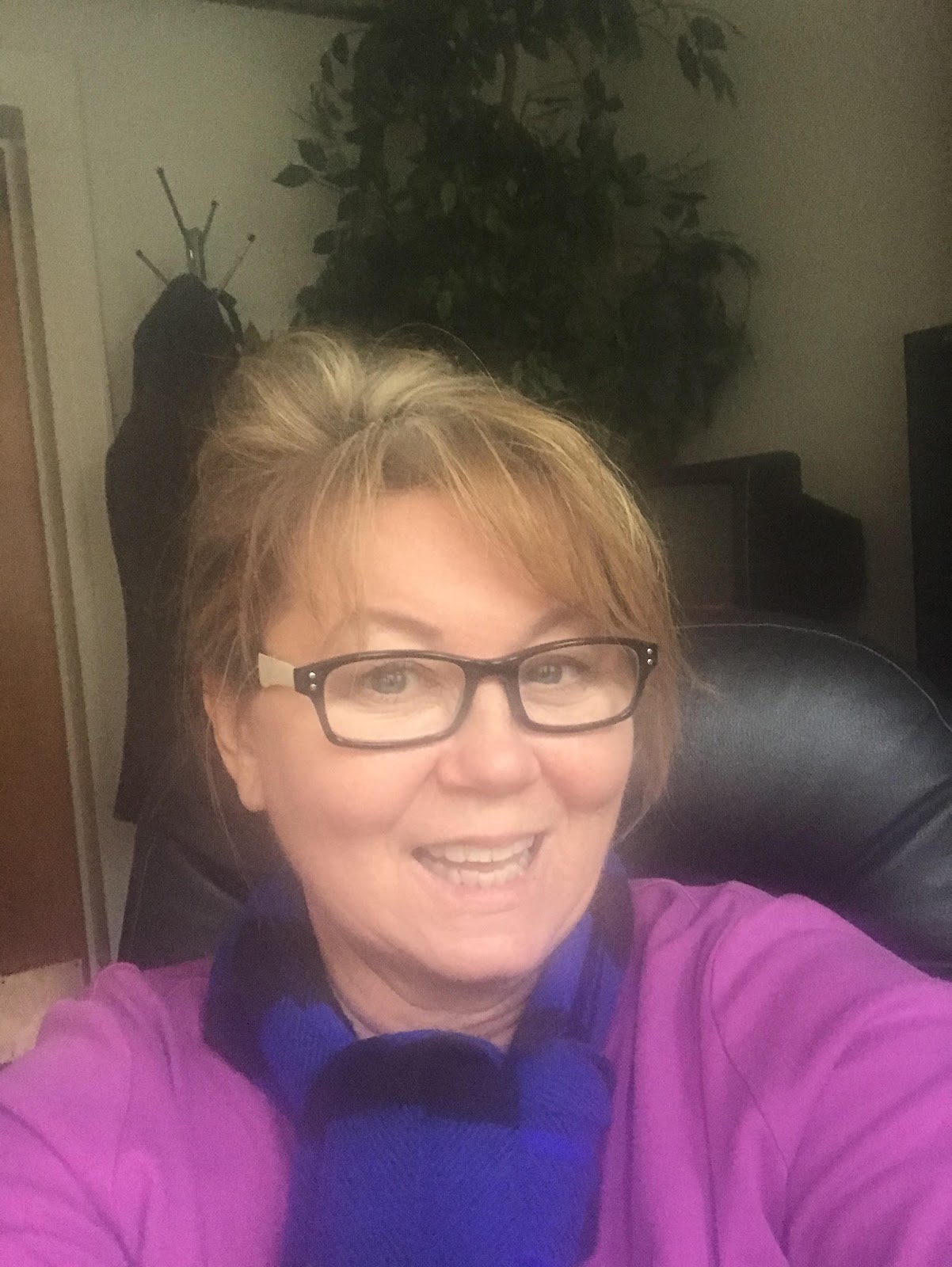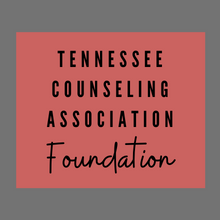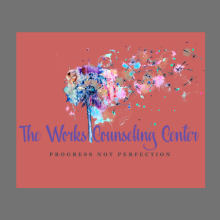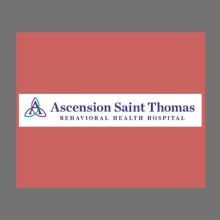Covid-19 Helpful Resources
Are you a student or counselor educator and looking for updates from CACREP? Click here to read CACREP’s statement regarding COVID-19, get information about practicum and internship accommodations, read about accreditation extensions and dues, and more!
Are you a school counselor looking for some guidance? ASCA has put together a great update on their website which provides suggestions, online training, and other free materials to assist you in supporting your students. Click here to access webinars, position statements, and other virtual school counseling resources.
Are you a mental health or professional counselor? Click here to access the resources put together by ACA including telebehavioral health information, insight on how to work with clients in light of difficult public health conditions, and how to take care of your own emotional health.
NAMI has put together a great resource and information guide that can be found here. The guide provides resources for a lot of common questions such as: where to find support if you have lost a loved one to COVID-19, how to handle increases in anxiety or feelings of isolation, and much more!
Finally, SimplePractice has put together a resource to assist in providing continuity of care in the face of COVID-19. Click here to gain access to some great resources for private practitioners such as webinars to increase your knowledge about telehealth, templates for letters to your clients, and a telehealth resources directory.
Member Spotlight: Sandra Terneus

Bio: Sandra Terneus is a Professor in the Department of Counseling and Psychology at Tennessee Tech University. She has been a member of TCA for approximately 20 years. Originally, she was a member of Cumberland Chapter, but when membership waned, she transferred to MTCA, while holdings memberships in TACES and TASGW. She holds licensures as a LMFT, LPC, and LCPC. Lastly, she is on the editorial boards for the Journal for Specialists in Group Work and the Tennessee Counseling Association.
Hello everyone. A most important message that I can share with the TCA Membership pertains to my recent experiences with the recent tornado relief: As you may know, survivors most likely will be disoriented from a surreal experience. After the immediate concerns of receiving health care and finding loved ones, it is natural that survivors want to return to their homes.
In their efforts to be helpful, most volunteers usually throw away the apparent debris in efforts to clean up for future renovation. However, this action of throwing everything away does not allow the survivor(s) to think and process their property. The survivors are not only left with literally nothing, but their guilt escalates for “not being able to think” in order to evaluate whether a muddied broken belt buckle from Great Grandad was worth keeping.
It may be helpful for communities to provide portable storage pods to allow the survivors to temporarily house their mementos; this allows the mementos to be saved from potentially more bad weather, and it allows survivors to review the mementos when they are ready to do so.
For the first day, it may be more helpful if each survivor has a small group of volunteers as their personal assistants, and the volunteers may take different roles as needed. One volunteer could be more attentive to the survivors while they process the destruction and rebuilding before them, normalizing their feelings of surrealism, and listening to their life stories. Other volunteers can scan a section of the debris and look closely for items. It would be helpful for volunteers to point to an object and ask the survivor if this is an object they would like to save and place in storage for the time being. BE AWARE OF WEAPONS! Ask the survivor if guns were in the home and, if so, how they were stored/loaded. Depending on the force of the tornado, weapons from neighboring homes could have landed in your area. Share any information with police/first responder teams about lost weapons as well as keep a record of lost items for insurance purposes.
How else can you help? Register with the American Red Cross to be a Technician II to provide services to the volunteers should they need to process and debrief.
How has TCA influenced our career or practice? TCA is the most wonderful resource of professionals and colleagues who work in a variety of counseling and counseling-related roles from one end of Tennessee to the other. It is the most inclusive body of great folks that I have encountered while I have been in Tennessee. I have learned so much about what professionals in other fields were facing, colleagues at other universities, faces who became familiar friends. When I first attended TCA decades ago, I had the mindset of simply presenting at a conference. During the evening, I walked by Mary Brignole’s room. “Come on in,” said Mary. “You’re new. Tell me about yourself.” Anyone who has had the pleasure of meeting Mary knows that her room provides an evening of loud meaty political discussions, wild humor and good-natured jokes, creative ideas for future TCA leadership, and warm wishes and support for personal goals, and, of course, mixed with the staples of wine and snacks. “Everyone is so nice,” was my first impression of TCA and that impression has stayed with me.
Share a little bit about your background and your journey to becoming a counselor. Well, I grew up being a big fan of Smoky the Bear, so I always wanted to be a park ranger. My early college years were somewhat floundering; my interests were in occupational areas which were already full, and career advisors were suggesting other programs. I was taking classes just to take classes, but I really didn’t know “what was I going to be when I grew up.” I was the first in my family to go to college, and the familial guidance I had received was simply to get a college degree so I could help provide for the family.
Then, a friend commented that I should try the Counseling Program because I was a natural helper. I submitted my application and was shocked (and scared) that I was actually called for an interview with the faculty. Luckily, my friend’s observation of my being a natural helper must have been true because I passed the “role play” and was accepted into the program.
My faculty were current officers in either ACA Divisions or on the ACA Executive Council. My cohort and I would timidly and gently walk among “The Giants”, and our mouths would drop open, flabbergasted, when we would see them departing from the hallway restrooms. (OMG! They are like us!” Yes, we were that nerdy.). My faculty critiqued our skills (“Do it again.”), and poked at our self-awareness (“What does this mean to you?”) as we evolved personally and professionally. As students, we understood the growth process. Some of the connections that we, students, had developed with each other have maintained; I still exchange an annual Christmas card with my first group co-facilitator, Dean Duncan. After graduation, I moved and worked at the University of Nevada – Las Vegas. It was phenomenal; everything the textbooks described became alive, and I continued to grow professionally as a counselor educator, supervisor, and practitioner.
What is your current work setting(s)? My second career led me to my current position at TTU. A typical day would be similar to other faculty such as providing course instructions, committee meetings, research, etc. My particular area of interest includes: career and group development, crisis/suicide interventions, relationships, and abnormal psychology/psychopathology.
Do you have any career or practice aspirations moving forward? You bet! When I think about my third career path, a smile brightens my face. As I approach retirement from TTU, I am, again, that young college student looking at all the different paths, except now I am full of excitement rather than the stress of ambiguity. I am calm and hopeful in letting Life unfold the path before me. Yea.
What advice would you give a counselor-in-training entering the field? It’s ok not to know everything. I think the one comment I hear most often from students is that by the time they graduate, they realize how little they know. But having that self-awareness and knowing what to do with it is instrumental. We are all teachers and we are all students. Don’t hesitate to ask a colleague or supervisor for help.
Is there anything that I didn’t ask you that you would like to share with your fellow TCA Members? TCA is family. Thank you. Several of my friends/colleagues have already retired, and I am following in those footsteps soon. But while I am here, I will enjoy TCA and my TCA family. If I can be of help, just holler.
Do you know a TCA member who is engaged in leadership, research, innovation, or service? If so, we would like to feature them in an upcoming blog post! Fill out the link below to nominate someone to be featured in the Member Spotlight section today!
Member Spotlight Nomination Form: https://forms.gle/uciVkHwEDpYhTbg96
Publications Committee
Do you have content you would like to contribute to the TCA Blog? Email [email protected] with your ideas, submissions, or suggestions for improvement!









